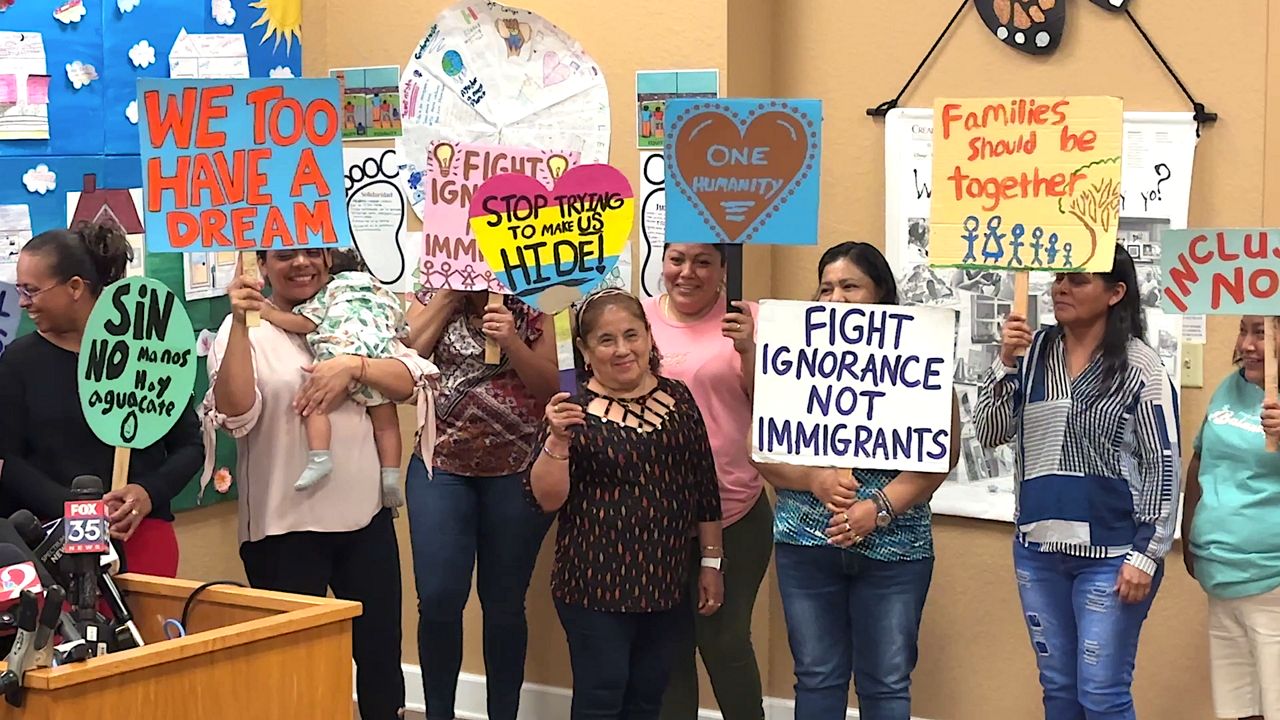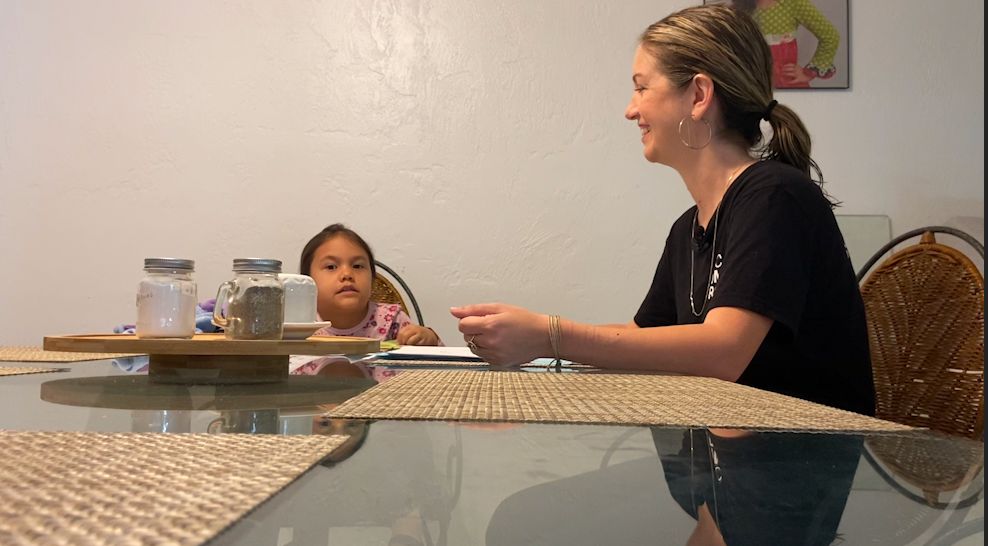ORLANDO, Fla. — With concerns about underfunding, the U.S. Citizenship and Immigration Services made adjustments to its fees to cover its operating costs.
However, those increases will mean it's will be more expensive to become a citizen in the United States.
What You Need To Know
- U.S. Citizenship and Immigration Services is increasing application fees
- The fee adjustment is being made to cover operating costs
- The changes takes effect October 2
“DHS is adjusting USCIS fees by a weighted average increase of 20 percent to help recover its operational costs. Current fees would leave the agency underfunded by about $1 billion per year,” USCIS said in a statement.
Fees make up nearly 97 percent of the agency’s budget.
Nayef Mubarak said one of the biggest changes is the removal of many reduced fees for children under-14 and lower income people.
“If someone is seeking a permanent resident application, typically their children under the age of 14 will have a fee less than $400 of their own,” Mubarak said. “Now, they’re all required to pay the new fee even for children under 14 for permanent resident applications is an additional fee of about $400.”
The current fee for children under 14 is $750 for a permanent resident application and without the reduced fee it is $1,130.
Another change is the 81 percent fee increase for naturalization application. Currently it’s $640 and $320 with a reduced fee, but with the new fee changes it’s $1,170.
Mubarak said the changes to work visas could deter U.S. businesses foreign businesses from moving stateside.
“One that I found interesting was the L-1 Visa and the reason I found it interesting is because it’s gone up 75 percent,” Mubarak said. “Moreover, the L-1 Visas are typically for foreign companies who seek to open new offices in the U.S. and typically that leads to employment for U.S. Citizens and residents.”
He also said it could deter U.S. businesses from hiring foreign workers.
“Employers have noticed the changes to fees as well so many obstacles that employers find are the fees associated to the non-immigrant petitions,” Mubarak said. “I think that’s just going to add to their concerns when they consider whether or not to hire a foreign worker.”
The changes take effect on October 2, 2020. You can find a full list of the fee changes here.











